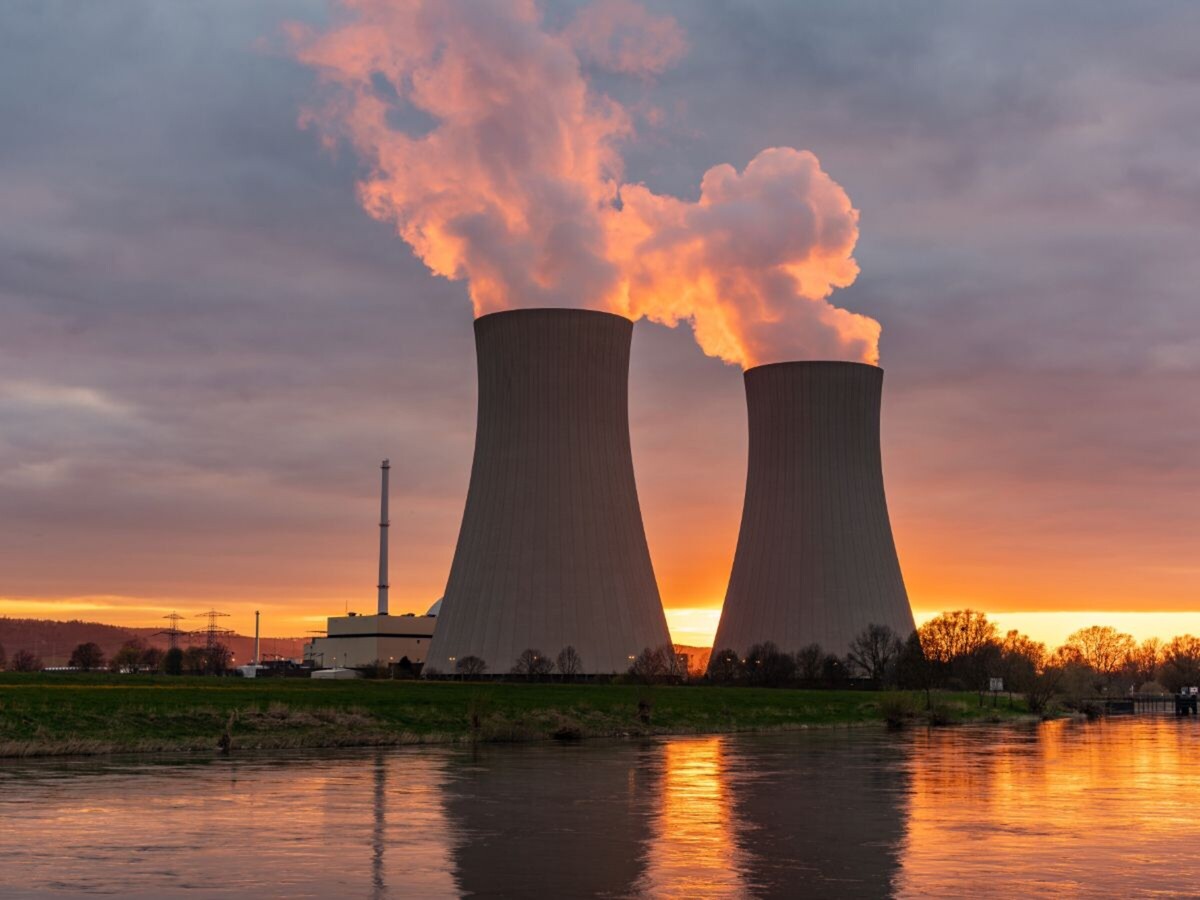NJBPU Looks to Expand Nuclear Energy to Meet New Jersey’s Rising Power Demands
The NJBPU's Request for Information aims to evaluate new nuclear technologies as electricity demand surges and the state pursues clean, reliable, and affordable energy.
The New Jersey Board of Public Utilities (NJBPU) has issued a Request for Information (RFI) to explore the potential expansion of nuclear energy as part of a broader strategy to meet rising electricity demands and uphold clean energy targets. The move comes as New Jersey and the wider PJM Interconnection region anticipate a significant increase in electricity usage driven by energy-intensive sectors such as artificial intelligence data centers and new manufacturing operations.
“New Jersey is committed to addressing the regional cost crisis. As part of my Administration’s all-of-the-above energy strategy, we continue to explore ways to bring online new sources of electricity generation and improve and expand our nuclear fleet to grow the supply of resources as the U.S. faces increasing demand. At the same time, we’re pushing PJM Interconnection to bring new resources online faster and reduce prices,” said Governor Phil Murphy.
According to PJM’s 2025 Long-Term Load Forecast, regional electricity demand is projected to rise nearly 40% over the next 14 years. Modeling from the 2024 Energy Master Plan, released in March 2025, further underscored the need for additional clean firm capacity to ensure reliable service beyond 2035.
"New Jersey, and the region, need more electricity, and since day one of the Murphy Administration, our commitment to supporting our existing nuclear fleet has never waned,” said Christine Guhl-Sadovy, President, New Jersey Board of Public Utilities. “As we work to push PJM to improve their interconnection queue to allow more resources like solar and storage to be built in the short-term, expanding our nuclear fleet offers the Garden State an opportunity to add new generation to our resource mix, improving reliability and affordability for ratepayers in the long-term.”
Nuclear power is being reconsidered as a core solution to maintain grid reliability, control capacity prices, and support New Jersey’s clean energy goals. The state currently operates three thermal nuclear reactors—Salem Units 1 and 2, and Hope Creek—which together produce 40% of New Jersey’s electricity and 85% of its emission-free power. These reactors are third-generation (Gen III) models, part of a nationwide fleet that has provided over half a century of low-carbon electricity.
The RFI seeks input on the feasibility and potential benefits of next-generation nuclear technologies, including Gen III+ Light Water Reactors and advanced designs such as Small Modular Reactors (SMRs). These innovations promise enhanced safety and performance and could offer scalable options for clean electricity generation.
Clean energy sources, including nuclear, have already delivered measurable economic benefits. In the most recent PJM capacity auction, renewable resources helped lower clearing prices, saving New Jersey ratepayers an estimated $1.1 billion. Officials anticipate that diversifying the generation mix with new nuclear options could further enhance affordability and resilience in the grid.
The NJBPU has set a deadline of 5:00 p.m. on June 23, 2025, for submission of responses to the RFI.
Nuclear energy continues to play a key role in meeting the state’s climate mandates under the Global Warming Response Act and the goal of achieving 100% clean electricity by 2035.
The NJBPU, the state’s regulatory authority for critical utility services, oversees electricity, gas, water, wastewater, telecommunications, and cable television. More information about the Board and its programs, including the New Jersey Clean Energy Program, is available at www.nj.gov/bpu.















